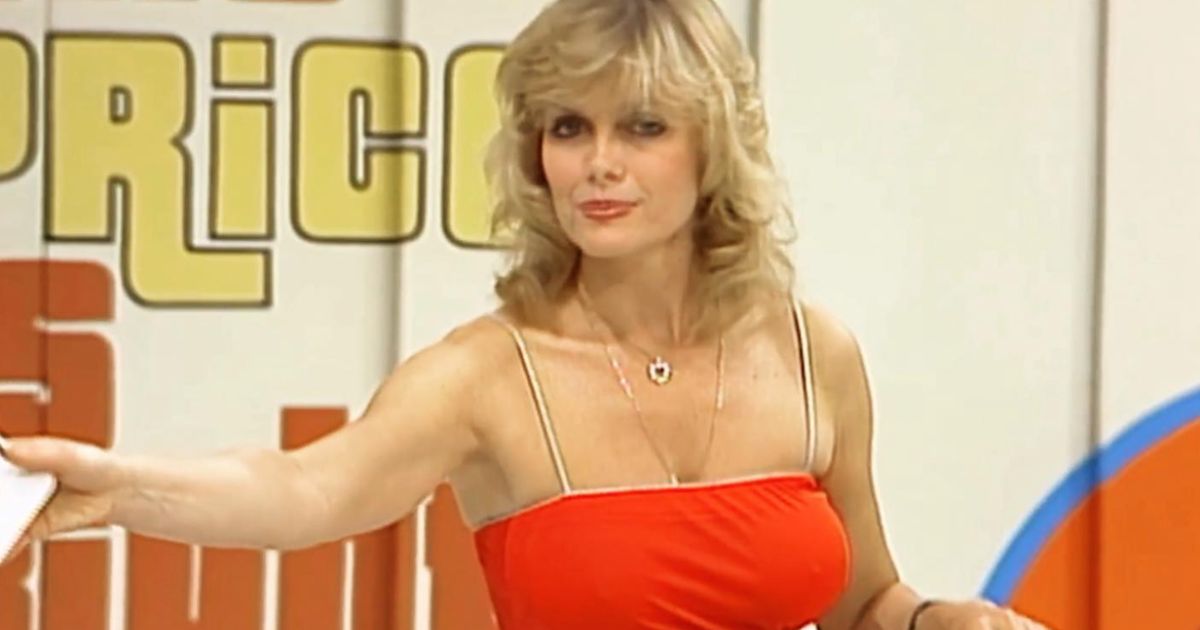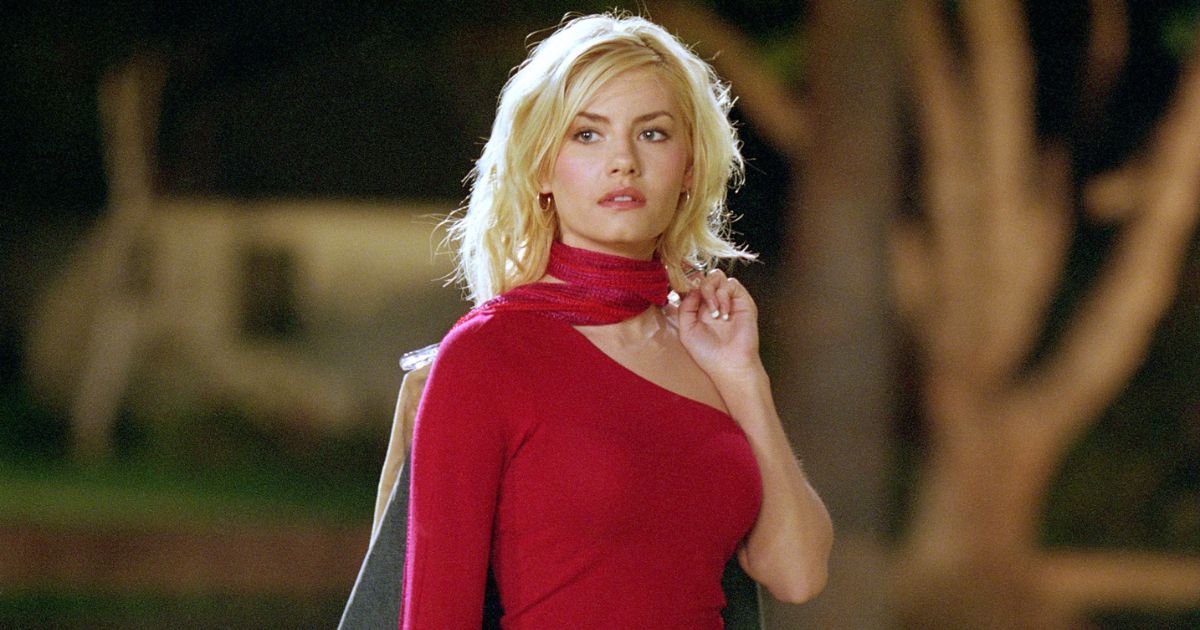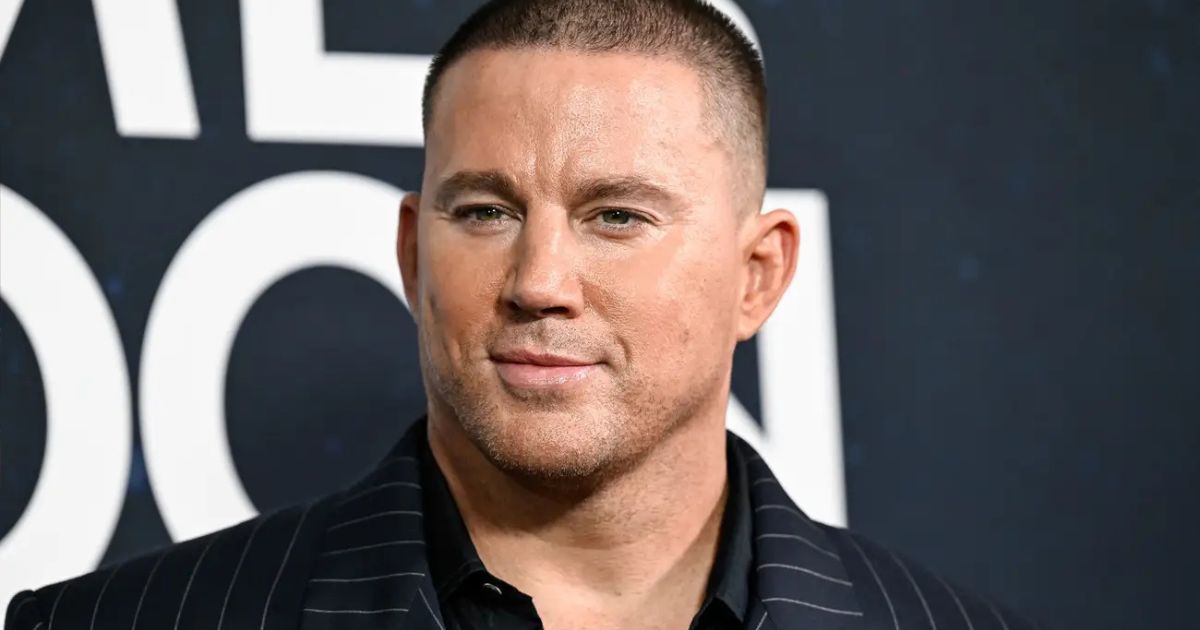Warren Beatty’s remarkable career trajectory in Hollywood began with his enrollment at Northwestern University in 1955, though he soon left to pursue acting in New York City, aligning with his sister’s rising stardom. His early days involved balancing television roles with various odd jobs, leading to his Broadway debut in 1959 with “A Loss of Roses.” Despite mixed reviews, the play earned Beatty a Tony nomination, marking his emergence in the acting world.
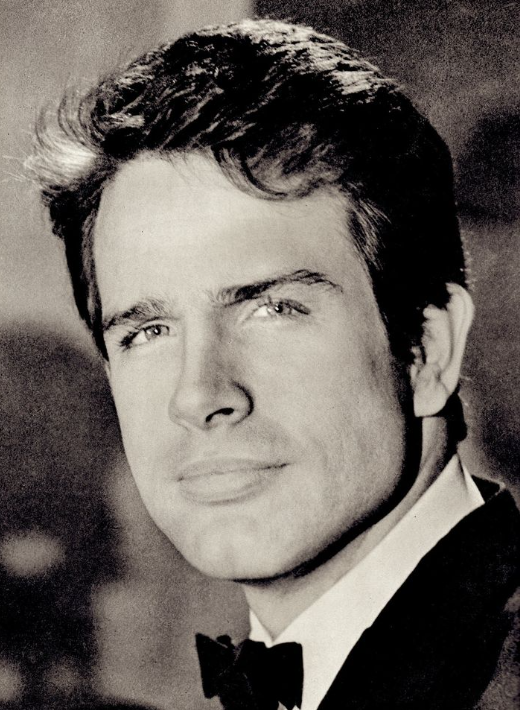
In 1959, Beatty entered a relationship with actress Joan Collins. The couple’s engagement lasted several years, ending as Beatty’s fame surged alongside his growing reputation as a leading man.
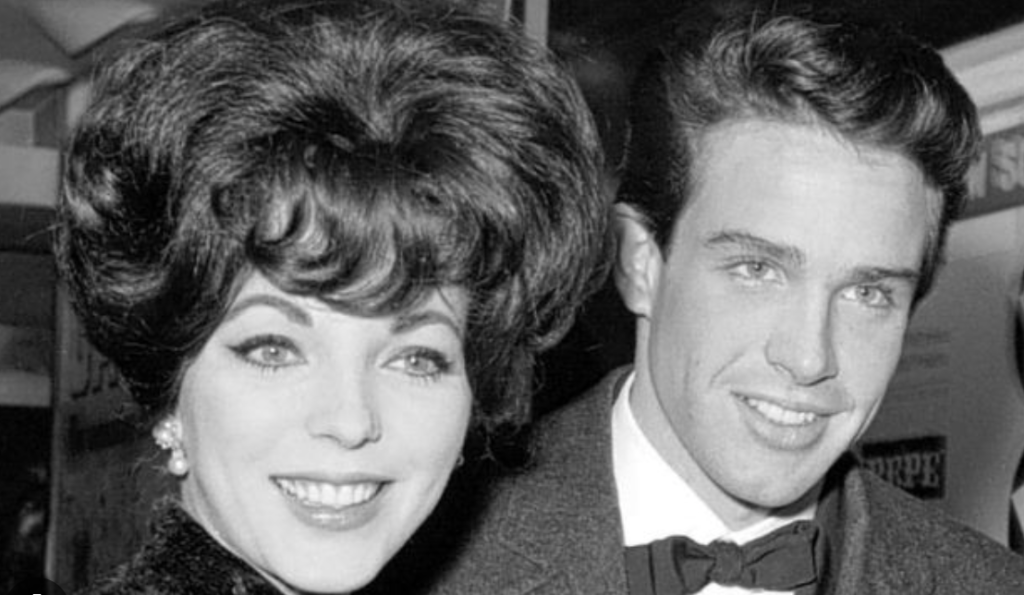
His film debut came in 1961 with “Splendor in the Grass,” a movie opposite Natalie Wood that explored teenage sexuality, making a bold statement for its time and catapulting Beatty to stardom. Reflecting on his rise to fame, Beatty compared his early success to that of Leonardo DiCaprio, noting the surreal nature of seeing ‘actor’ as his profession on his passport.
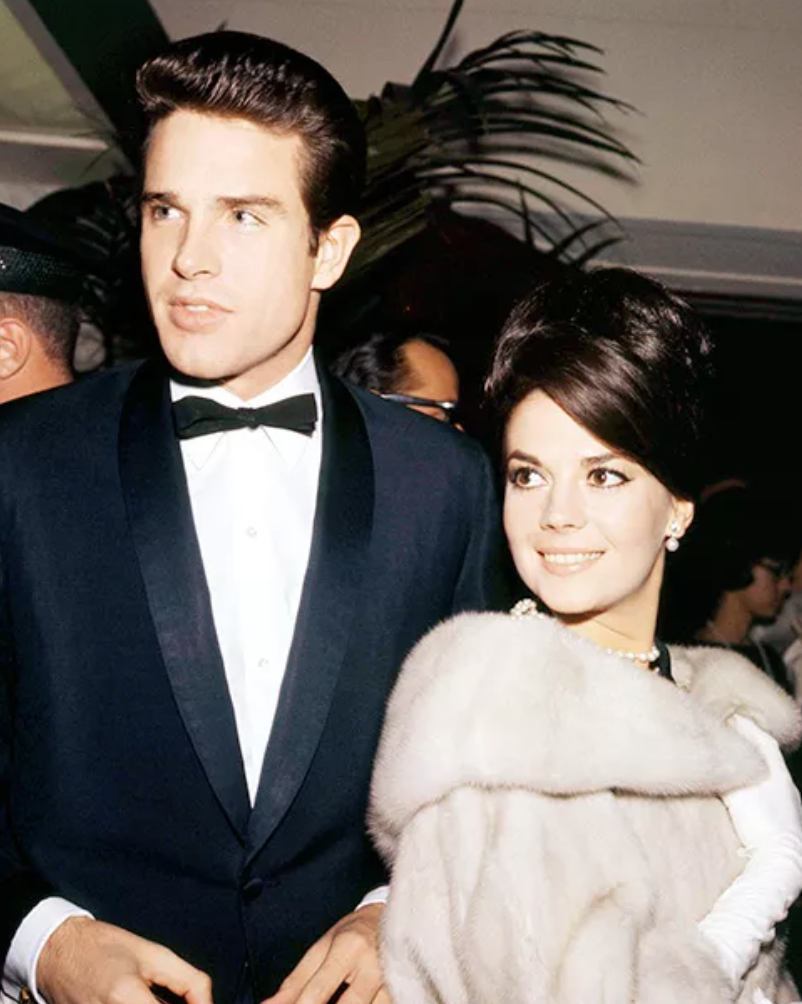
Beatty’s personal and professional life intertwined when he dated Wood following her divorce from Robert Wagner. His career continued to flourish with roles in films like “The Roman Spring of Mrs. Stone” (1961), “All Fall Down” (1962), “Lilith” (1964), and others through the mid-1960s. His close relationship with his sister, actress Shirley MacLaine, provided him with significant support during this period.
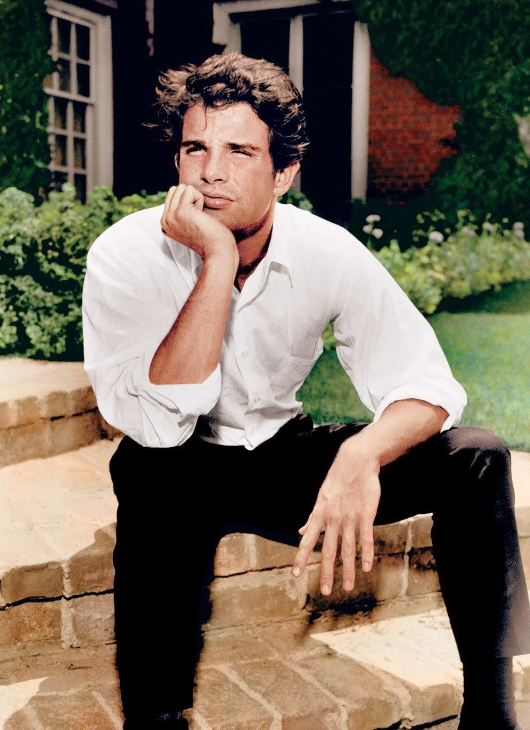
A pivotal moment in Beatty’s career was the 1967 release of “Bonnie and Clyde,” which he produced and starred in. The film’s success at the box office and its critical acclaim, earning 10 Academy Award nominations, solidified Beatty’s status in Hollywood. He has often been credited with contributing to the “New Hollywood” revolution of filmmaking, though he humbly downplays that role.
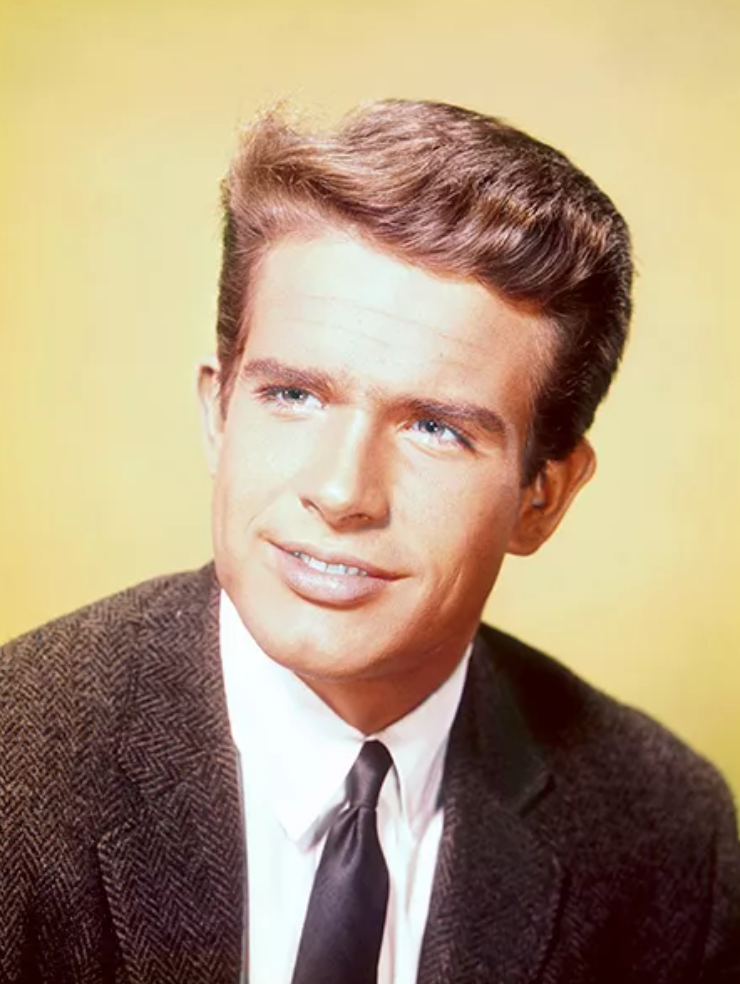
Throughout the 1970s, Beatty became selective about his projects, delivering notable performances in “The Only Game in Town” (1970), “Dollars” (1971), and “McCabe & Mrs. Miller” (1971). His relationship with Julie Christie began on the set of the latter, lasting seven years. Beatty also became politically active during this time, supporting Senator George McGovern’s presidential campaign in 1972.
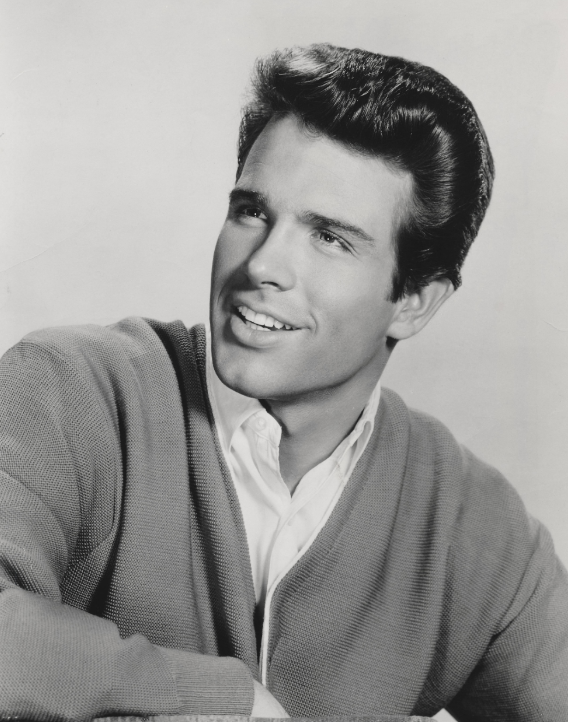
Beatty’s influence extended behind the camera with films like “Shampoo” (1975), where he served as writer, producer, and star. His role as a philandering hairdresser earned the film several Oscar nominations. In 1978, “Heaven Can Wait” showcased his talents as he took on multiple roles including writer, director, producer, and actor. This film earned him four Academy Award nominations, marking him as the second person in history to be nominated in four major categories for a single film.
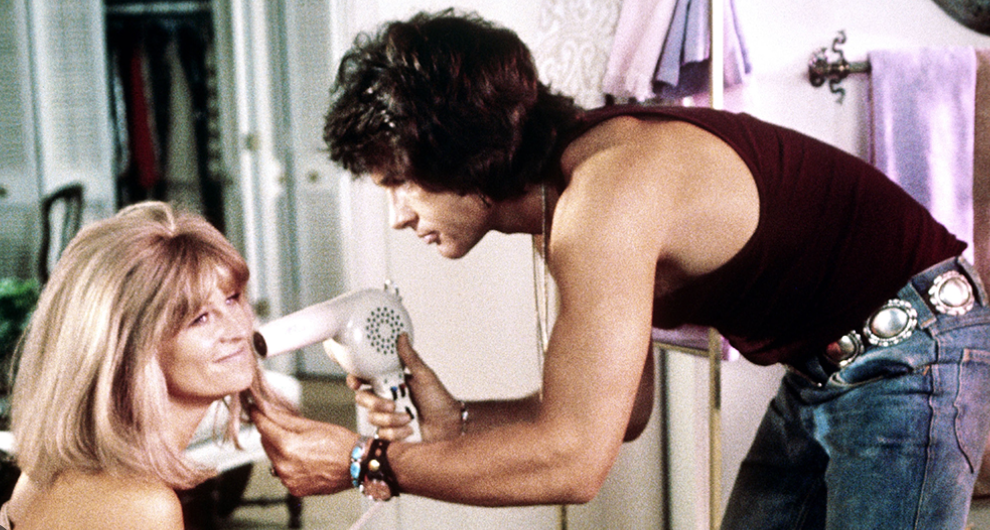
In 1981, Beatty starred in and directed “Reds,” about the American Communist movement, which brought him another set of four major Oscar nominations, making him the only person to achieve this twice. His relationship with co-star Diane Keaton was also notable during this period.
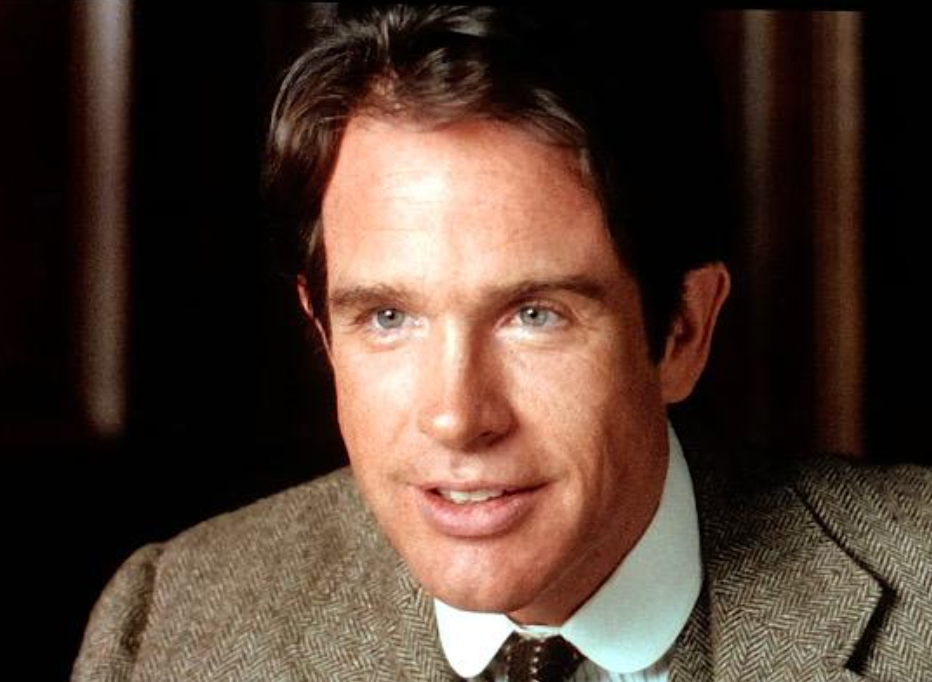
The 1990s saw Beatty engage in various projects, including “Dick Tracy” (1990), where he met his future wife Annette Bening. The couple married in 1992 and have four children. His career continued with “Bulworth” (1998), where he played a disillusioned senator, a role that earned him another Oscar nomination for Best Screenplay.
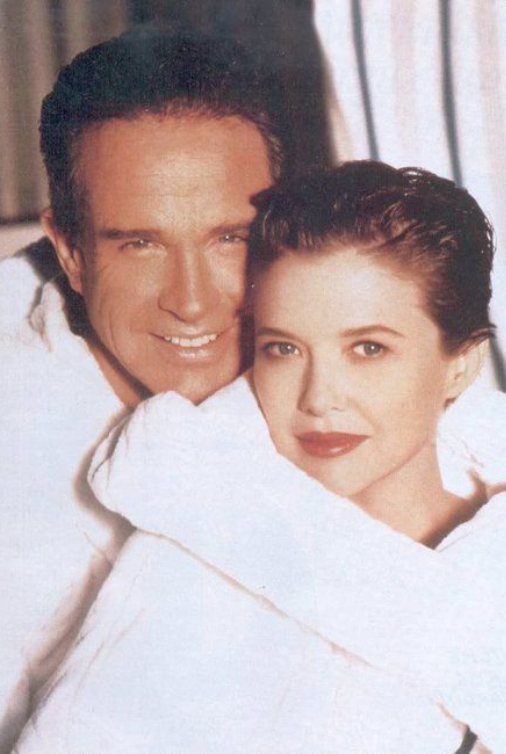
Despite reducing his cinematic output, Beatty’s legacy was honored with the Irving G. Thalberg Award in 1999 by the Academy of Motion Picture Arts and Sciences for his high-quality body of work. He returned to filmmaking with “Rules Don’t Apply” (2016), a project he had contemplated for decades.
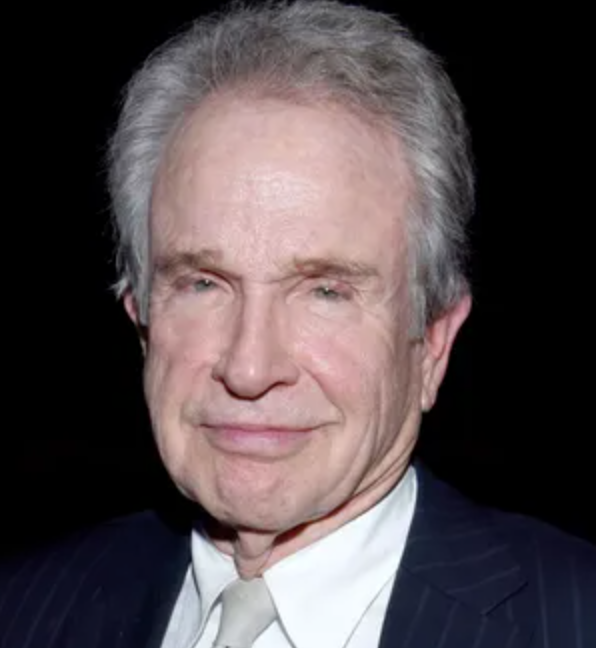
Beatty’s contributions to cinema were further recognized with a lifetime achievement award from the American Film Institute in 2008, celebrating his multifaceted impact on Hollywood. Despite occasional controversies, like the mix-up at the 2017 Academy Awards, Beatty’s career exemplifies a deep dedication to his craft and a personal life that values family above fame.

